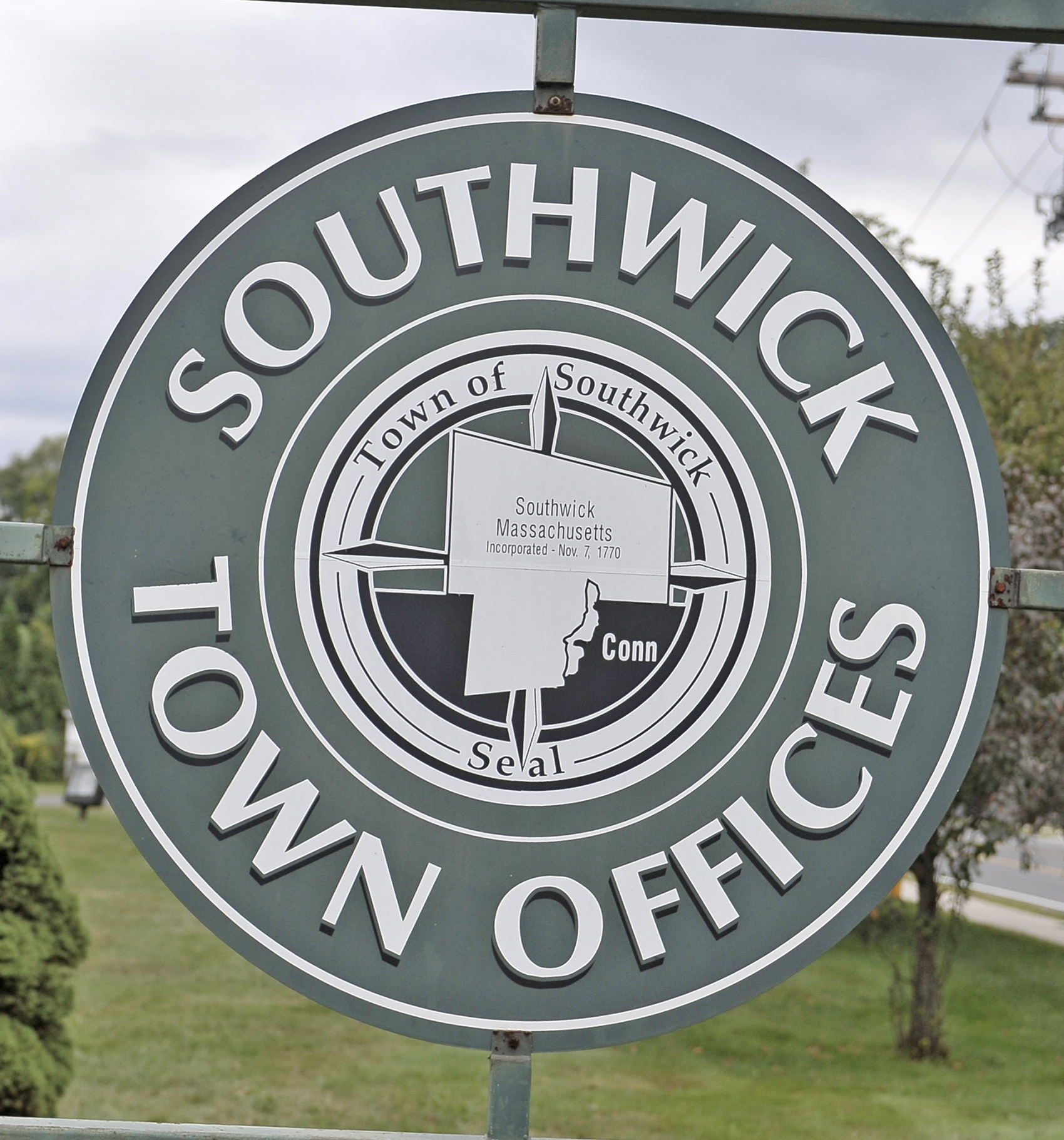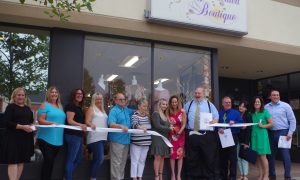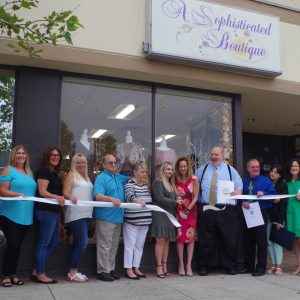WESTFIELD – The Planning Board voted Tuesday night to send a negative recommendation to the City Council on a zoning issue which will be the subject of an Aug. 16 public hearing when the council returns on Aug16 from its summer hiatus.
The Planning Board voted 4-3 to send a negative recommendation on an amendment to the CORE district ordinance and to the zoning map following public hearing it conducted on the petition.
The CORE district amendment, submitted by Ward 2 Councilor James E. Brown Jr., who also serves as chairman of the Legislative & Ordinance Committee, is to add a definition of the “nightclub” to the ordinance and adding an entire section which clearly defines what business activity will be permitted or prohibited downtown.
The board members voted to send the negative recommendation to the council because of concern that the nightclub definition is too restrictive and would prohibit facilities that are basically restaurants, but which have late night entertainment. Several board members questioned if the Tavern Restaurant, which does feature live music, would be permitted under the proposed amendment.
The amendment defines a nightclub as a “commercial establishment operating after 10:30 p.m., having a maximum permitted occupancy load of more than 125 persons where such load exceeds the number of seats provided by more than a third, and which typically provides for food and/or drink consumption, dancing facilities for patrons, and the performance of live or recorded music at a sound level generally incompatible with normal conversation or found to be objectionable beyond the property line or from within any residential dwelling unit or hotel guest room.”
Brown, who was not able to appear before the Planning Board because of a job conflict, stated in written communication that he, Principal Planner Jay Vinskey and City Advancement Officer Jeff Daley worked on the amendment because several major infrastructure projects, which enhance the downtown, are nearly complete and that the city “is preparing for even more investments in infrastructure as well as future commercial development.”
“It is in this area of commercial development or business development (on which) we have focused as we consider these amendments, specifically on the type of businesses that we don’t believe truly represent what we, the citizens and government of Westfield envision for our newly revitalized downtown CORE district,” Brown said.
The proposed amendment will prohibit other commercial ventures in the CORE district including: tattoo parlors, body piercing studios, smoking lounges and hookah bars, pawn shops, check cashing establishments, adult theaters, adult bookstores, and adult dance club, casinos and video gaming establishments, automatic self-serve laundries, and overnight parking or storage of more than two trucks or commercial vehicles on any lot, either as a principal or accessory use.
“The above restrictions are obvious types of enterprises that would not be suitable for Westfield’s CORE or downtown district because of the dense area residential properties and our desire to bring a diversified patronage to the area through restaurants, specialty shops and boutiques as examples of desirable businesses,” Brown said. “The final section I am requesting to be modified is Article III Section 3-100.2 to allow the permitted use of Club, lodge or business serving alcohol for consumption on the premises and not providing for dancing or other amusement. This is to clarify that we are not eliminating business opportunities for clubs or lodges in the CORE district.”
Daley, who presented the proposed amendments said the city is positioned for downtown revitalization, but needs to adopt regulations to create an environment where patrons of restaurants, boutique shops and retailers feel safety and would not be confronted by groups of night club patrons out on the street.
“We don’t want the Worthington Street type of clubs,” Daley said of the Springfield entertainment district.
Board member William Onyski questioned if the prohibition would defeat the city’s plan to bring people downtown to live, work and play.
“Night clubs seem to be the type of establishments that bring people downtown,” he said. “It seems to be prohibitive. Too much so.”
Chairman Philip McEwan said that the city would have to add language to ensure that business prohibited in the CORE district is “an allowed use in some other district.”
Daley said that the key to downtown revitalization is to create a broad-spectrum patron base, not just a youth entertainment-based patronage.
“Unless the downtown is supported by the entire community,” he said. “People don’t want to feel unsafe walking downtown or into a parking lot. We don’t want to open up people to not feeling safe.”
Daley also said that restaurants that have entertainment would not be prohibited since their “primary function” is the service of food and drink.
A downtown resident spoke against the amendment during the public comment segment of the hearing.
“I live and work two jobs in the CORE district,” Andrew Porter said. “I think this is the wrong medication for a preexisting problem.”
Porter said that people already feel unsafe downtown because of the number of “vagrants, skateboarders and people with mental health issues” and not because of the growing population of students from Westfield State University.
“It seem counterintuitive to have college kids living downtown, but not allowing dance clubs,” Porter said.
The board closed the hearing and voted 4-3 to send the negative recommendation to the council to point out its concerns with the restrictions.
“Of course this is just a recommendation,” McEwan said. “The City Council has the final authority.”




